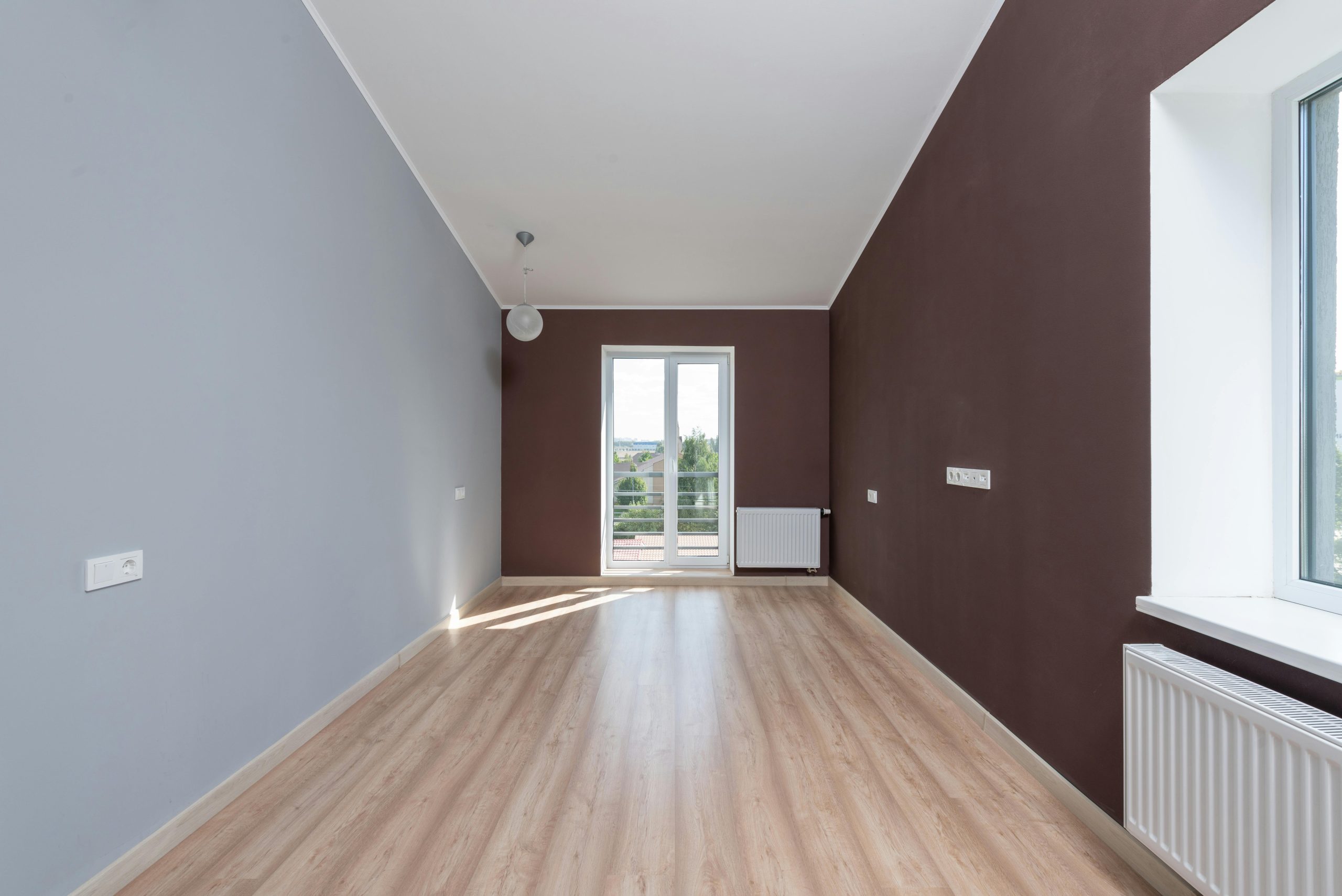Understanding Insurance Options for Renovation-Ready Properties
Purchasing a property that requires significant renovations presents unique challenges, particularly when it comes to securing insurance. If you’re considering a fixer-upper, you may find yourself navigating the complexities of insurance coverage tailored to properties in various states of repair. One common question arises: how to ensure your new investment is adequately covered before the renovations begin.
The Right Insurance for the Job
When entering escrow on a property in need of a gut renovation, many prospective homeowners might be directed towards a Builder’s Risk policy, also known as Course of Construction insurance. This type of coverage is designed to protect a property throughout the renovation process, covering risks associated with construction. However, policies often require specific details to get started, such as the name of a general contractor (GC) and well-defined renovation plans.
Navigating the Challenges
Acquiring these essential details during the escrow process can be a hurdle for many buyers. It raises the question: How can anyone provide necessary documentation like a GC’s name or detailed plans at that stage? If you’re unable to furnish this information right away, you might want to consider other options that can provide interim coverage.
The Vacant Property Policy
For those who are not yet ready to commit to a Builder’s Risk policy, a Vacant Property policy could serve as a temporary solution. This type of insurance is designed for homes that are unoccupied, offering limited coverage until you finalize your renovation plans and hire the appropriate contractor. It’s a practical option for buyers eager to secure their investment while they transition into the renovation phase.
Conclusion
Navigating insurance for a property requiring extensive renovations doesn’t have to be overwhelming. By understanding the differences between Builder’s Risk and Vacant Property policies, you can make informed decisions that safeguard your investment from the outset. Although you may not need insurance to close on the property, it’s wise to have coverage in place right away to protect against any unexpected events. Don’t hesitate to consult with insurance professionals to explore the best options tailored to your unique renovation project.



